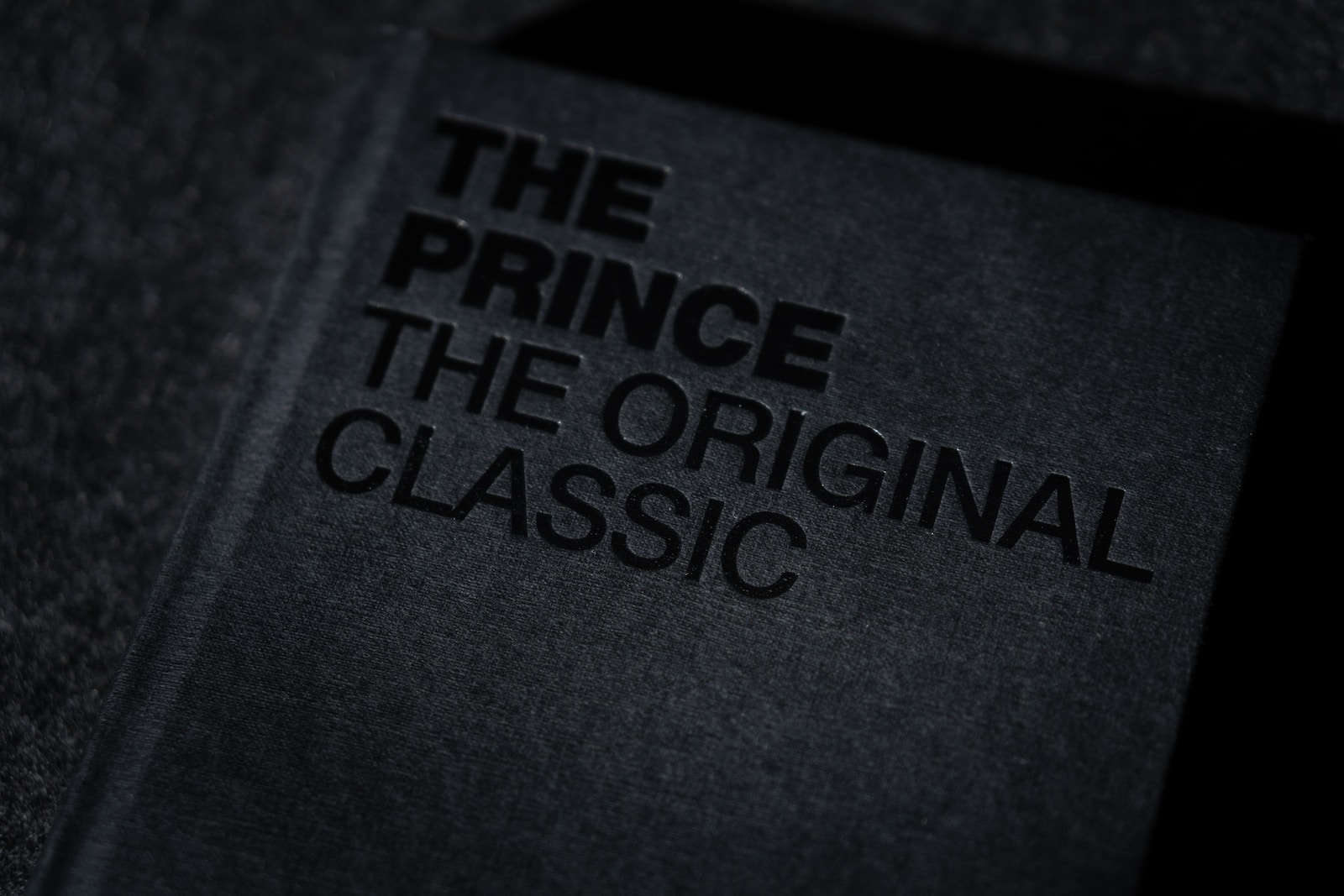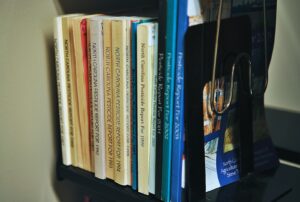When it comes to literature, timeless classics hold a special place in the hearts of readers across the world. These classic books have stood the test of time, offering not only captivating stories but also profound insights into the human condition. In this blog post, we will delve into the world of classic literature, exploring its significance, benefits, and recommendations for readers of all ages. Whether you’re a seasoned reader or just starting your literary journey, there’s something in the world of classic literature for everyone.
The Significance of Classic Literature
What Is Classic Literature?
Before we delve into the world of classic literature, let’s clarify what exactly qualifies a book as a classic. Classic literature encompasses works that have maintained their relevance and popularity over generations. These books transcend time and cultural boundaries, offering valuable insights, universal themes, and beautifully crafted prose.
Classic literature, as the name suggests, stands the test of time. It isn’t limited to a specific genre, time period, or cultural context. Instead, it comprises a diverse collection of books that have left an indelible mark on the literary landscape. Whether you’re drawn to tales of romance, adventure, or philosophical reflection, classic literature has something profound to offer. In the following sections, we’ll explore the significance of classic literature, its benefits, how to approach it, and timeless recommendations that enrich your mind and soul. So, let’s embark on this literary journey through the pages of timeless classics.
Why Classic Literature Still Matters
You might wonder why classic literature is worth exploring in today’s fast-paced world. The answer lies in the enduring power of these books to touch our hearts and minds. Classic literature offers us:
- Intellectual and Emotional Growth: Reading classic books can challenge your thinking and broaden your horizons. They often delve into complex themes, forcing readers to engage deeply with the material.
- Enhanced Critical Thinking Skills: Classic literature encourages you to analyze characters, plots, and societal issues, fostering critical thinking and analytical skills.
- Improved Vocabulary and Language Proficiency: The language used in classic novels is often rich and eloquent, helping readers enhance their vocabulary and language proficiency.
- Historical and Cultural Insights: Many classic books provide a window into different historical periods and cultural contexts, enabling readers to gain a deeper understanding of the world.
How to Approach Classic Literature
Overcoming Common Misconceptions
Some readers might be hesitant to explore classic literature due to common misconceptions. Let’s address a few of these myths:
- They’re Too Difficult: While classic literature can be challenging, there are books suited for all reading levels. Don’t be afraid to start with accessible classics.
- They’re Boring: Classic literature covers a wide range of genres, from epic poems to gothic fiction. There’s something to suit every taste.
Tips for Selecting the Right Classic Books
Choosing the right classic book for your taste and reading level is essential. Here are some tips to help you get started:
- Explore Different Genres: Classic literature encompasses various genres, including fiction, non-fiction, and poetry. Consider what interests you the most.
- Check Reader Reviews: Before diving into a classic, read reviews and recommendations from fellow readers. Online communities can be excellent resources.
- Consider the Time Period: Think about whether you’re interested in historical novels or books set in a particular era.
- Start with Modern Classics: If you’re new to classic literature, consider beginning with more recent classics. They tend to be more accessible in terms of language and themes.
From A to Z, the Penguin Drop Caps series collects 26 unique hardcovers—featuring cover art by Jessica Hische
It all begins with a letter. Fall in love with Penguin Drop Caps, a new series of twenty-six collectible and hardcover editions, each with a type cover showcasing a gorgeously illustrated letter of the alphabet. In a design collaboration between Jessica Hische and Penguin Art Director Paul Buckley, the series features unique cover art by Hische, a superstar in the world of type design and illustration, whose work has appeared everywhere from Tiffany & Co. to Wes Anderson's recent film Moonrise Kingdom to Penguin's own bestsellers Committed and Rules of Civility. With exclusive designs that have never before appeared on Hische's hugely popular Daily Drop Cap blog, the Penguin Drop Caps series launches with six perennial favorites to give as elegant gifts, or to showcase on your own shelves.
G is for Golding. At the dawn of the next world war, a plane crashes on an uncharted island, stranding a group of schoolboys. At first, with no adult supervision, their freedom is something to celebrate; this far from civilization the boys can do anything they want. Anything. They attempt to forge their own society, failing, however, in the face of terror, sin and evil. And as order collapses, as strange howls echo in the night, as terror begins its reign, the hope of adventure seems as far from reality as the hope of being rescued. Labeled a parable, an allegory, a myth, a morality tale, a parody, a political treatise, even a vision of the apocalypse, Lord of the Flies is perhaps our most memorable tale about “the end of innocence, the darkness of man’s heart.
Timeless Classic Literature Recommendations
Now, let’s explore some classic literature recommendations across different genres:
Fiction Classics
- “Pride and Prejudice” by Jane Austen: This classic novel explores themes of love, class, and societal expectations in 19th-century England.
- “Great Expectations” by Charles Dickens: Dickens weaves a tale of ambition, love, and self-discovery in this timeless classic.
- “Moby Dick” by Herman Melville: Embark on a high-seas adventure with Captain Ahab as he pursues the elusive white whale, Moby Dick.
Non-Fiction Classics
- “The Art of War” by Sun Tzu: This ancient text offers profound insights into strategy, leadership, and conflict resolution.
- “The Communist Manifesto” by Karl Marx and Friedrich Engels: Delve into the foundation of modern political thought with this groundbreaking work.
Poetry Classics
- “The Divine Comedy” by Dante Alighieri: Journey through Hell, Purgatory, and Paradise in this epic poem that explores themes of redemption and spirituality.
- “Leaves of Grass” by Walt Whitman: Whitman’s poetry celebrates the diversity and beauty of the American landscape and its people.
These are just a few classic literature books to get you started on your reading journey. Depending on your interests, there are countless more awaiting discovery.
Exploring the Themes and Messages
Classic literature often addresses enduring themes that continue to resonate with readers today. Let’s delve into the themes of a few classic books:
“Pride and Prejudice” by Jane Austen
Austen’s masterpiece explores the themes of love, marriage, and societal expectations. It reminds us to question prejudices and stereotypes, emphasizing the importance of self-awareness and personal growth.
“Great Expectations” by Charles Dickens
This novel delves into the consequences of ambition and the complexities of human relationships. It teaches us about the transformative power of self-reflection and empathy.
“Moby Dick” by Herman Melville
On the surface, it’s an adventure tale, but at its core, it delves into the themes of obsession, revenge, and the relentless pursuit of one’s goals.
“The Art of War” by Sun Tzu
This ancient treatise on warfare and strategy offers valuable lessons in leadership, conflict resolution, and adaptability, making it applicable not only to the battlefield but also to various aspects of life.
These classic novels continue to captivate readers because of their timeless exploration of fundamental human experiences and emotions.
Overcoming Challenges in Reading Classic Literature
Reading classic literature can be a rewarding experience, but it can also come with challenges:
- Complex Language and Context: Older works often use language and cultural references that may be unfamiliar. To overcome this, consider using annotated editions or supplementary materials.
- Lengthy Novels: Some classic novels are quite long. Don’t feel pressured to finish them quickly; take your time and savor the journey.
Joining Classic Literature Communities
Exploring classic literature is even more enjoyable when you can share your thoughts and insights with others who appreciate these books. Consider joining online book clubs or local reading groups focused on classic literature.
Engaging in discussions can enhance your understanding and appreciation of these timeless tales. It provides an opportunity to gain fresh perspectives, delve deeper into the themes and characters, and share your own interpretations and reactions.
These communities often celebrate the beauty of classic literature and can introduce you to fellow enthusiasts who share your passion for the written word. So, whether you’re discussing the intricacies of Jane Austen’s novels or the philosophical depth of Fyodor Dostoevsky’s works, participating in classic literature communities can be a rewarding and enriching experience.
Classic Literature: A Diverse Landscape
Science Fiction Classics
While classic literature often brings to mind tales of love and historical dramas, it’s important to note that classic literature also encompasses science fiction. One notable example is H.G. Wells’ “The War of the Worlds,” originally published in 1898. This science fiction masterpiece explores the impact of an alien invasion on Earth, delving into themes of survival, human resilience, and the consequences of unchecked hubris.
Coming of Age Stories
Classic literature is replete with coming of age stories that resonate with young readers and those young at heart. These timeless tales often revolve around the journey from adolescence to adulthood, capturing the universal experience of self-discovery and growth. One such classic is J.D. Salinger’s “The Catcher in the Rye,” which follows the adventures and introspections of the young boy, Holden Caulfield, as he navigates the challenges of growing up in a complex world.
Classic Literature’s Impact on Society
The American Dream in Classic Literature
The concept of the American Dream, the belief that anyone can achieve success and prosperity through hard work and determination, has been a recurring theme in classic literature. F. Scott Fitzgerald’s “The Great Gatsby” is a quintessential example of a classic novel that explores this theme. Set in the 1920s, it delves into the lives of the wealthy elite in pursuit of the American Dream, ultimately revealing the emptiness and disillusionment that can accompany such pursuits.
“A Christmas Carol” and First World War Influence
Charles Dickens’ “A Christmas Carol” is a beloved classic that needs no introduction. However, its connection to historical events like the First World War is less commonly explored. Originally published in 1843, this heartwarming tale of Ebenezer Scrooge’s transformation serves as a timeless reminder of the importance of compassion and generosity. During the First World War, it was frequently read to soldiers on the front lines, offering a glimmer of hope and humanity amidst the chaos of war.
Classic Literature for Young Readers
Introducing Classic Tales to Young Readers
Classic literature isn’t just for adults; it has a place in the hearts of young readers as well. Introducing classic tales to young minds can ignite a lifelong love of reading and a deeper appreciation for literary masterpieces. For instance, Robert Louis Stevenson’s “Treasure Island” is an adventure novel that has captivated young readers for generations. Its thrilling story of pirates and buried treasure continues to inspire the imaginations of young adventurers.
The Timelessness of Classic Tales
The enduring appeal of classic literature lies in its ability to transcend generations. Stories like Louisa May Alcott’s “Little Women,” which follows the lives of the March sisters, remain relatable to readers of all ages. These tales of love, family, and personal growth remind us that the challenges and triumphs of youth are universal experiences.
Final Thoughts
Classic literature is a treasure trove of wisdom, storytelling, and artistic expression. Whether you’re interested in tales of love and society, grand adventures, or philosophical reflections, classic books have something to offer. The world of classic literature is vast, diverse, and ever-relevant, making it a must-explore realm for readers of all ages and backgrounds.
So, embark on your literary journey through the pages of classic books, and discover the timeless tales that have enriched minds and touched hearts for generations. Whether you’re a young reader just starting your adventure or a seasoned bookworm revisiting old favorites, classic literature has something profound to offer. Happy reading!
Other suggested articles:
Table Manners: Dining With Grace for Social Gatherings
Exquisite Escapes: Unveiling the Top Luxury Travel Destinations on Earth









